posit::glimpse() Newsletter – April 2025
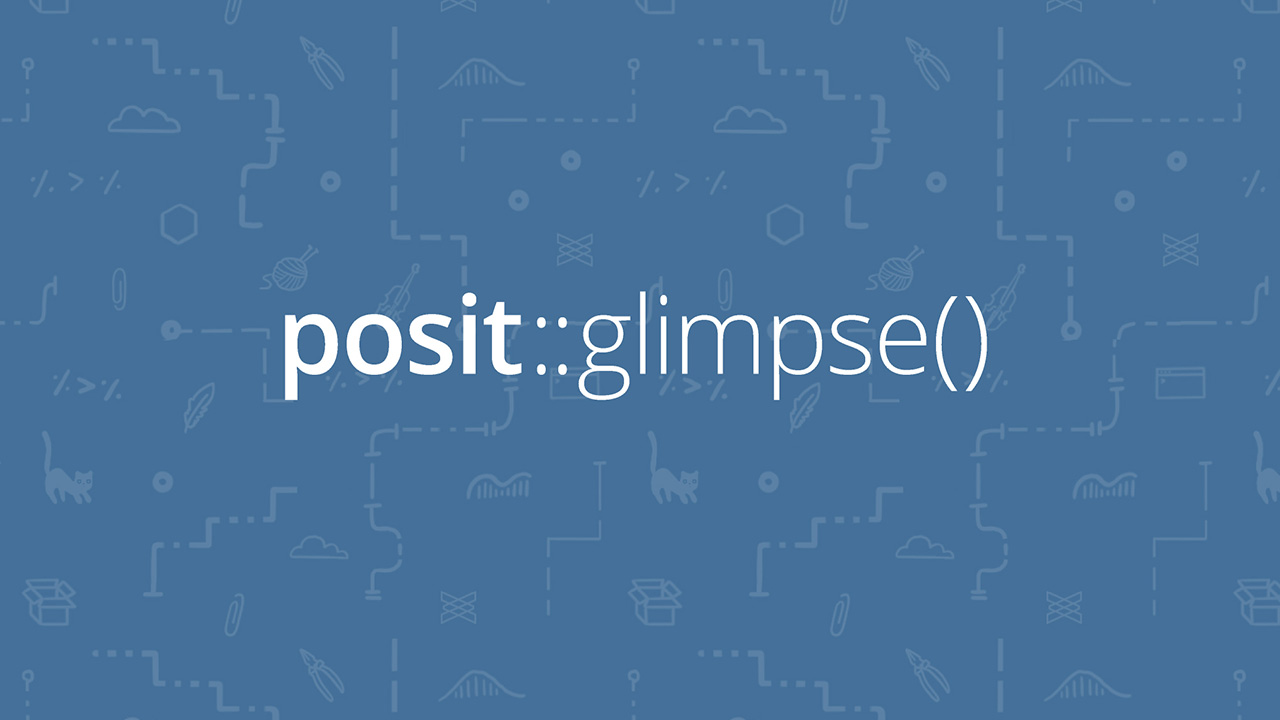
Welcome to our newsletter, posit::glimpse()!
If you’re currently reading this on our blog, consider subscribing to Stories on our subscription page to receive this newsletter directly in your inbox.
Key Product Updates and New Releases
LLM-powered tools for R and Python
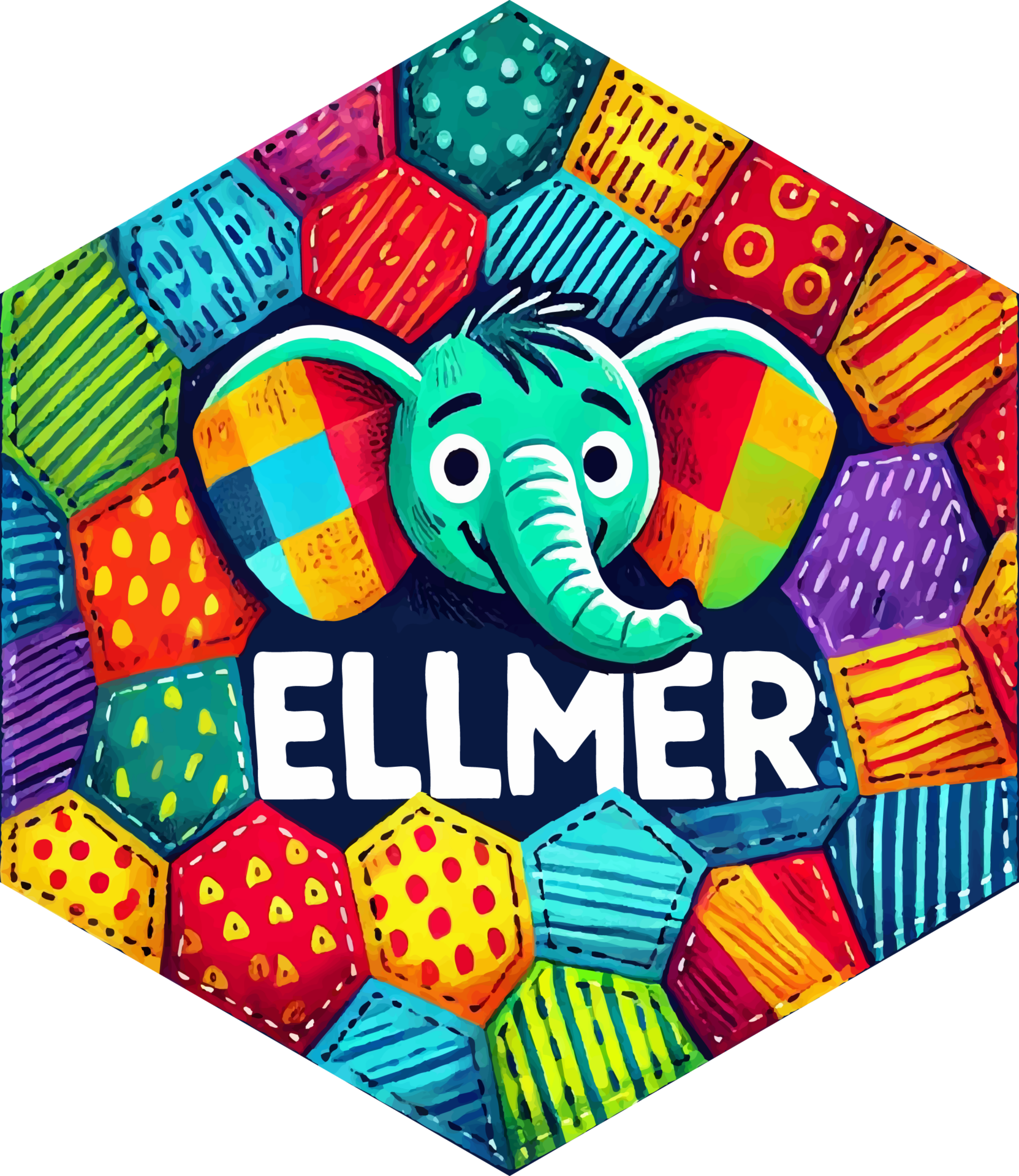
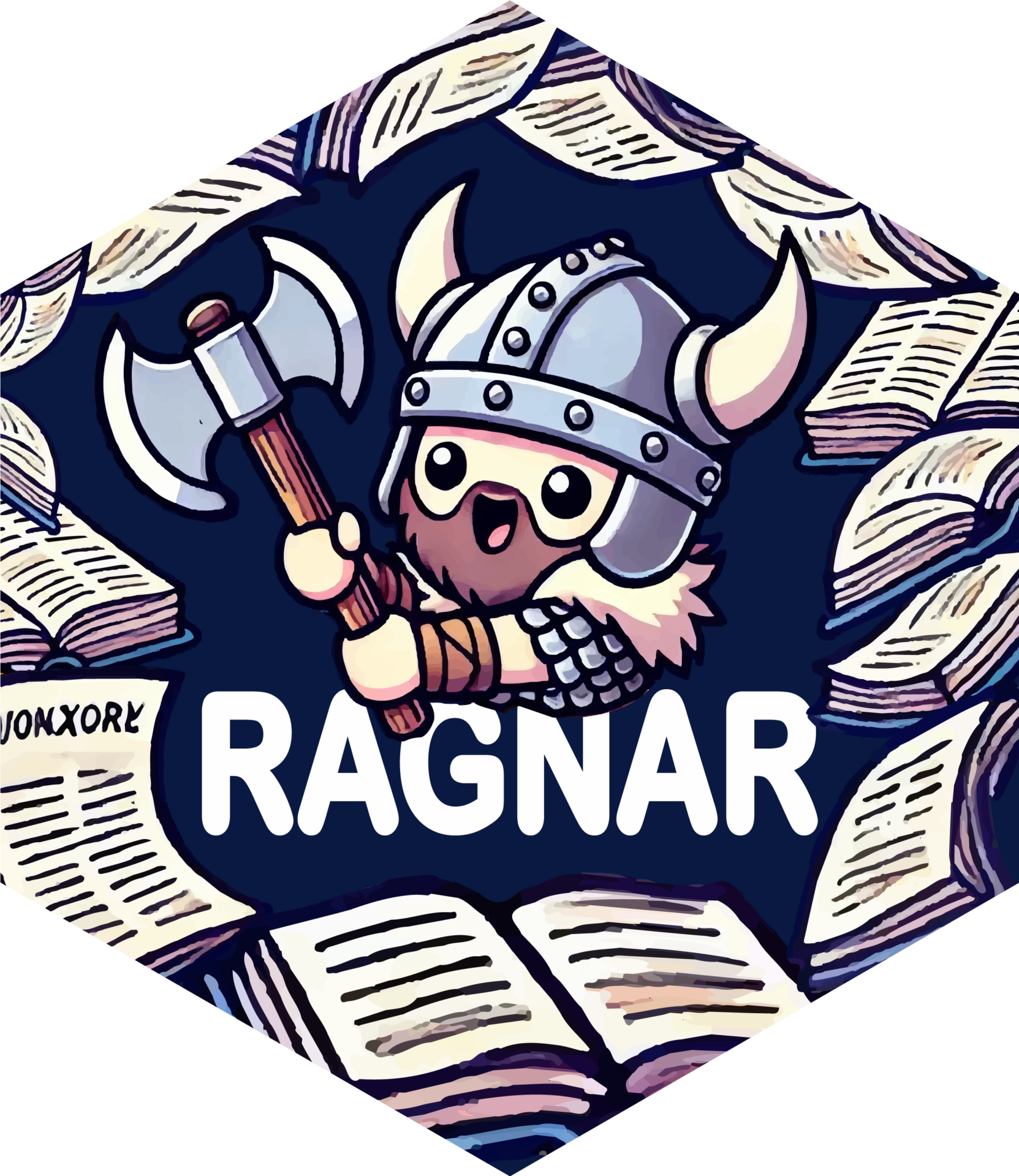
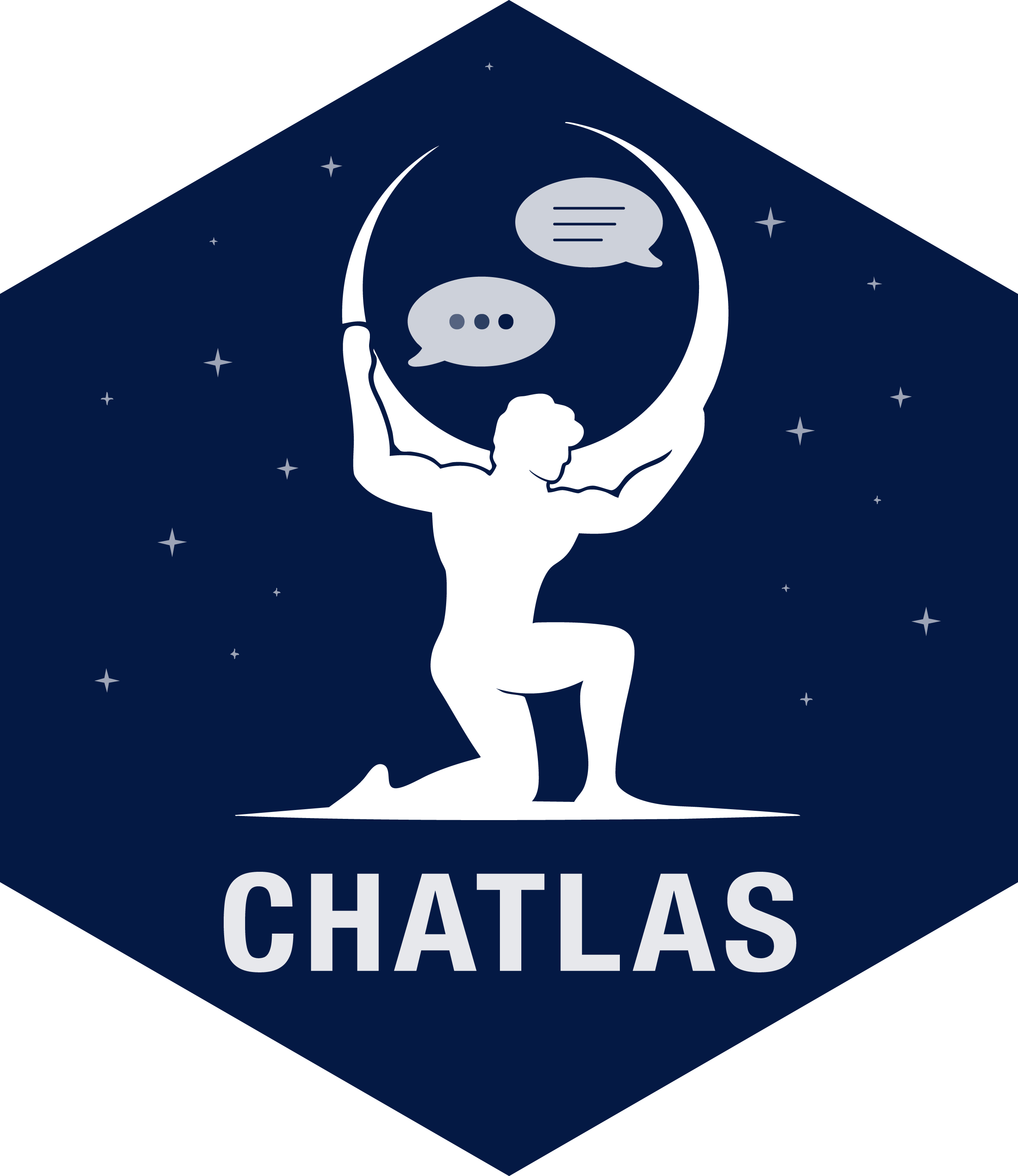
- Shiny is a great tool for building chatbots and exploring programmatic access to LLMs in both Python and R. The supporting packages — Ellmer, Chatlas, and Ragnar — are evolving quickly, with many improvements already released and more on the way.
- Querychat lets you embed an SQL-powered LLM in your Shiny app, so users can explore data using natural language. It works with both R and Python.
- Ellmer now supports enterprise integration through connectcreds, making it easier to deploy generative AI inside your organization.
- Chatlas offers a flexible Python interface to a wide range of LLM providers with built-in support for tool use, function calling, and streaming.
- Ragnar brings Retrieval-Augmented Generation (RAG) to R. It offers a transparent, flexible pipeline for indexing documents and generating grounded answers using your own data.
Python + R, working better together
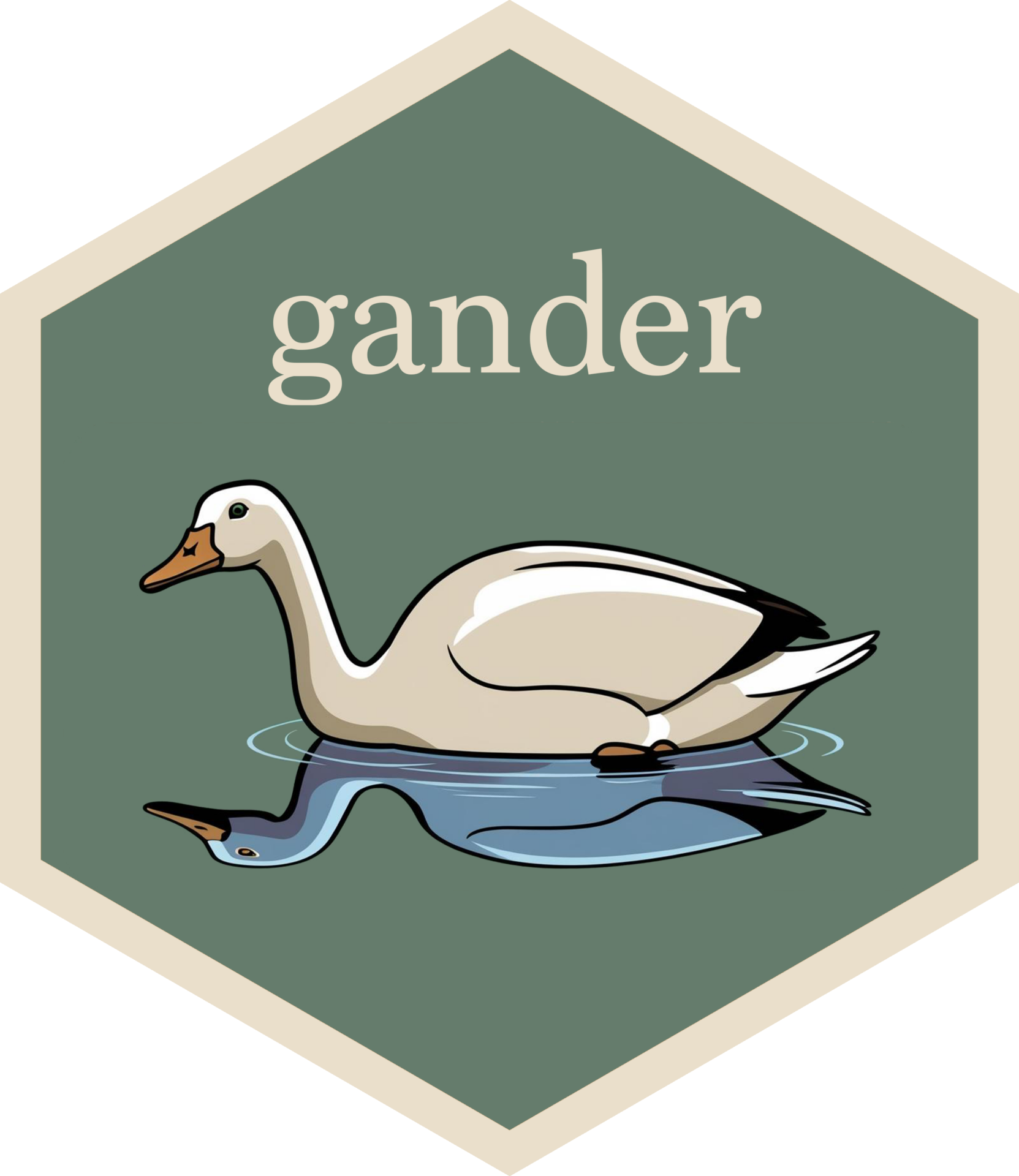
- The reticulate package now supports UV, allowing for fast, automatic Python environment setup and access in R.
- Gander helps you inspect Python objects from R — especially helpful for learning or debugging across languages.
- TabPFN, a foundation model for tabular data, is now available in R via reticulate. It requires no hyperparameter tuning and runs fast on small datasets.
AIR is a new R code formatter focused on speed and simplicity. It complements styler and is especially helpful in large codebases. Written in Rust, it is highly performant and you can leverage it in a variety IDEs or from the command line. Check out the setup guide to get started.
The Tidymodels Q1 roundup highlights a host of recent improvements including sparse matrix support throughout modeling and preprocessing, upcoming changes in the parallel processing interface and an orbital 0.3.0 release which supports classification model specification. We’re also developing a Python package similar to orbital — designed to make it easy to run scikit-learn models on Snowflake. If you’re interested in checking out the pre-release or sharing feedback, we’d love to hear from you.
Pointblank helps you assess data quality in Python by defining validation rules for your tables. It works with Pandas, Polars, Parquet, and databases — and provides clear reports when something’s off. This blog post and the user guide are available to help you get started.
Plotnine v0.15.0 will introduce Plot Composition — the ability to combine multiple plots into a single graphic. You don’t have to wait for the official release, you can try it out now with a simple pip install --pre plotnine. Give it a spin and let us know what you think.
Learning and Resources
Learn by watching a real package release in Positron. ▶️ Julia walks through the release of an R package using Positron. It’s a practical way to see how Positron helps manage versioning, Git workflows, and more. If you’re learning the tool or just haven’t used it in a while, download the latest version and follow along.
▶️ This video will help you get started with the brand.yml feature of both Shiny (including R with bslib 0.9.0) and Quarto and on your path to unifying visuals across your organization’s projects. Quarto v1.7 is currently in pre-release and extends brand.yml to let your computational documents incorporate both dark and light mode versions of charts, tables, and more.
This three-part workshop with Rich and Michael walks through building a complex, polished table from scratch using great_tables. Each video adds new layers — ▶️ Structure, Format, and Style, ▶️ Units Notation, and ▶️ Data Color and Polishing — to show what’s possible in Python. A great way to level up your table-building skills.
AI-assisted data science with Posit. Learn how to use R and Posit tools with Snowflake Cortex to build secure, LLM-enhanced workflows — directly where your data lives. You can also generate example data using an LLM and Ellmer with just a few lines of code. For a more holistic view of Posit’s AI solutions, check out posit.co/ai.
Help shape “R in Production”. The Tidyverse team is writing a book about building and maintaining production-quality R projects. They’re looking for feedback on the project organization chapter. We would appreciate you checking it out and sharing feedback on GitHub.
Around the community
Congratulations to the winners of the Closeread Prize! The contest drew creative, data-rich narratives built with Quarto. Topics included a detailed EURO 2024 Finals Analysis, a deep dive into which way you ski, and the building of a geographically accurate Catan board of Australia — all told through interactive documents. Explore the many great entries and prepare to be inspired.
Hadley Wickham shares a personal retrospective on the origins and evolution of the Tidyverse.
PydyTuesdays is a weekly community challenge, inspired by TidyTuesday in R. Each week features a new dataset to explore with your favorite Python data tools. It’s a great way to learn by doing — and when you’re stuck, you can always follow along with others’ solutions.
Until next time, we appreciate you including us on your data science journey—here’s to learning, building, and growing together!